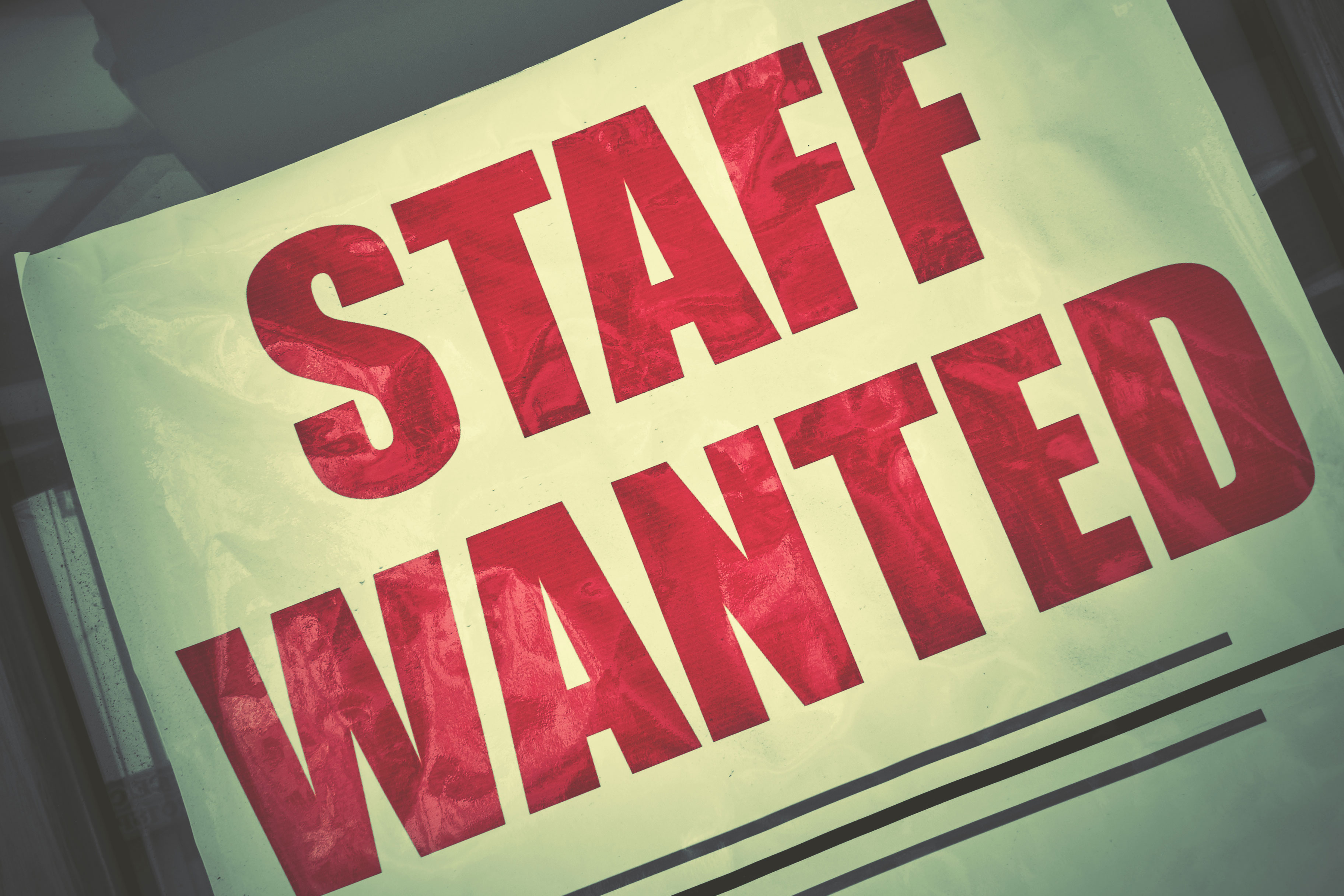Trade body, UKHospitality – which acts a voice for some 730 companies operating around 85,000 venues - has unveiled a new 12-point plan to tackle the current staffing crisis facing an industry that remains in a hugely fragile state following more than a year of closures and severely restricted trading.
Impact of uncertainty
Recent UKHospitality research has confirmed widespread anecdotal reports of an acute shortage in various roles, particularly front-of-house staff and chefs, which in some areas is preventing sites opening and forcing businesses to restrict their trading hours. While there are a variety of reasons for the current shortage, UKHospitality have found, ongoing lack of confidence in the hospitality sector is having a damaging impact on recruitment efforts.
To redress this shortage, UKHospitality has produced a comprehensive 12-point plan that aims to help attract people to jobs and careers in the sector and fill vacancies. The plan focuses on short-term solutions the sector is facing but also looks at some medium- and long-term actions, outlining what both employers can do and how the government can support these efforts.
This includes short-term actions to boost collaboration between the industry and government, schools, colleges and universities, along with broader measures to improve perceptions of the sector as an employer, introduce new qualifications and grow the pool of available workers in the economy.
The plan follows the launch of a new partnership between UKHospitality and the Department for Work & Pensions to promote jobs in hospitality, which saw sessions run by work coaches in every region of England, as well as across Scotland and Wales recently.
“Hospitality offers a wonderfully diverse range of roles and exciting careers and is a stable employer for millions of people across the UK. Staff at all levels play a crucial role delivering world-class hospitality at the very heart of their communities, with employers large and small offering high-class training schemes, apprenticeships and career development pathways,” says Kate Nicholls, CEO of UKHospitality.
“However, it’s clear that we need to attract new people to our sector and highlight the benefits of a job or career in hospitality. Prior to the pandemic, we employed 3.2m people and were the third largest private sector employer in the UK. By working closely with government on implementing this plan, the sector can restore confidence and bounce back even stronger, so hospitality is once again seen as a dynamic and exciting sector of growth, and a provider of fulfilling careers that will help power the UK’s economic and social recovery.”
Vital contribution
According to UKHopitality, the sector as a whole creates £130bn in economic activity and generates £39bn of tax for the Exchequer, in turn funding vital services. Hospitality represents 10% of UK employment, 6% of businesses and 5% of GDP. Hospitality is the third largest private sector employer in the UK; double the size of financial services and bigger than automotive, pharmaceuticals and aerospace combined.
The 12-point plan
Short-term
1. Government to commit as early as possible to remove all restrictions and restore confidence in working in the sector.
2. Government – central and local - and industry to highlight the looming deadline for Settled Status applications (30 June 2021) and reassure workers overseas that they can return.
3. Industry to work closely with DWP and others to promote jobs and careers in the sector, with government ministers talking up the sector at every opportunity.
4. Industry to engage with secondary schools, colleges and universities to encourage their students into the sector when term finishes.
5. Industry will continue to work in collaboration with DWP to make sure Kickstart works to the fullest for young people and the sector.
6. HMT to immediately freeze the liquidation of employers’ Apprenticeship Levy funding – to allow industry to invest in high-quality training.
7. UKH to facilitate additional promotion of CareerScope web site.
8. Hospitality and tourism sector to launch recruitment and retention campaign.
Medium-term
9. Expedite the introduction of a Catering T-level and commit to a Hospitality T-level.
10. Government to amend the Shortage Occupation List (SOL) and ensure that chefs and other vital roles are returned to the list – alongside a Youth Mobility Scheme.
11. Make permanent the reduced rate of VAT and double the Employer National Insurance Contribution threshold to support businesses to grow and pay higher wages.
Longer-term
12. Review the impact of the new immigration system and its effect on the competitiveness and recovery of the hospitality sector and the wider economy.
